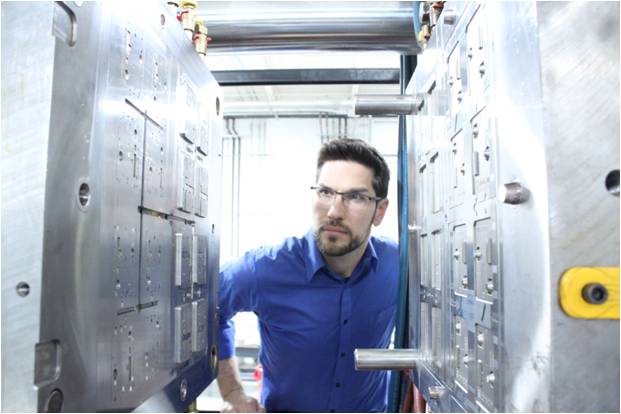
Natech to Incorporate Scientific Molding into Validations
For Natech Plastics continual improvement includes achieving faster molding cycles, better parts, and fewer rejects. The way we achieve this is through continual development of our employees and our processes. With our systems approach to manufacturing, it only makes sense that we would embrace Scientific Molding.
So to enhance our IQ/OQ/PQ process we recently sent our Senior Mechanical Engineer, Mike Botta, to take the Scientific Molding course “Validating Medical Molding – Process Development.”
What is Scientific Molding?
The Scientific Molding method was designed with the objective to keep US injection molding internationally competitive through a scientific, systems approach. Scientific Molding is a process-driven procedure for developing set-ups. This leads to time-efficient development of a molding window via precise Design of Experiments (DOE) execution.
The Course
The course blends the FDA validation case study with at-the-press training of data-driven process development. Botta describes that “changing the basis for molding processes from machine-parameter-driven to plastic-parameter-driven helps achieve ‘Universal Set-Up.’ Then when the IQ and OQ are solid, the PQ should be minimal in terms of effort.” Although targeted to the medical industry, John Bozzelli, the founder of the system, states that this “applies to all high-performance, critical tolerance injection molded parts.”
The Benefits
Implementing Scientific Molding will help Natech move toward even quicker setups and more stable processing. This translates into better quality at a higher speed for our clients. “One of our core values is turning talented engineers into adept general managers,” explains Natech’s President, Tom Nagler, “This is the continuation of that philosophy and our commitment to the systems approach.”